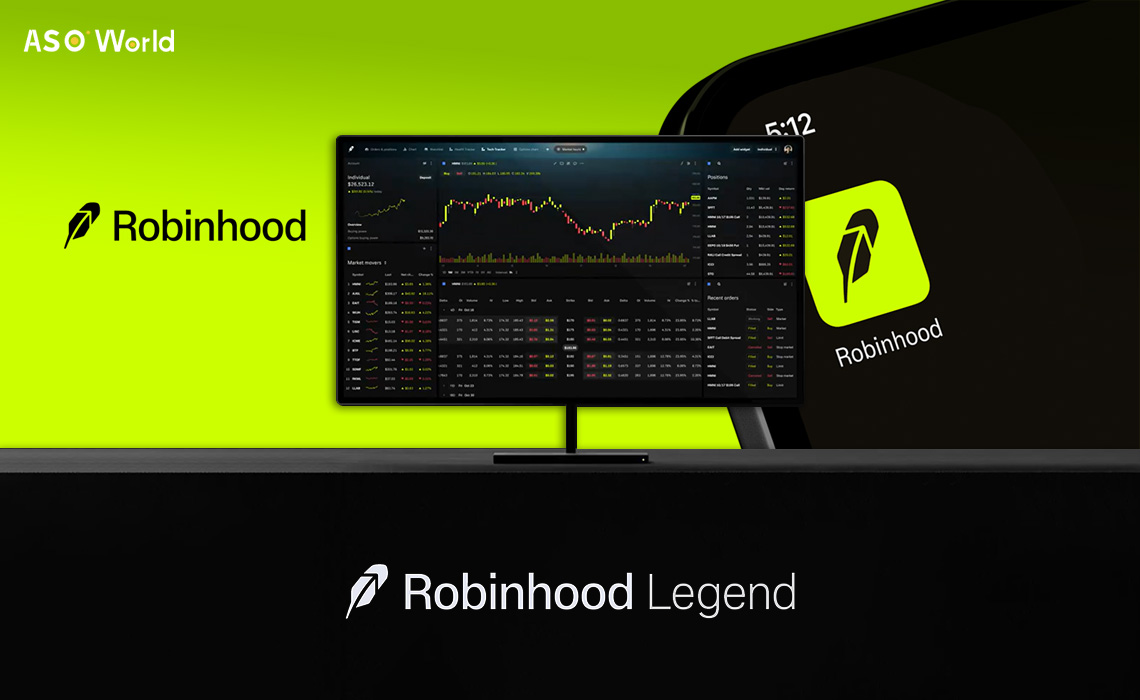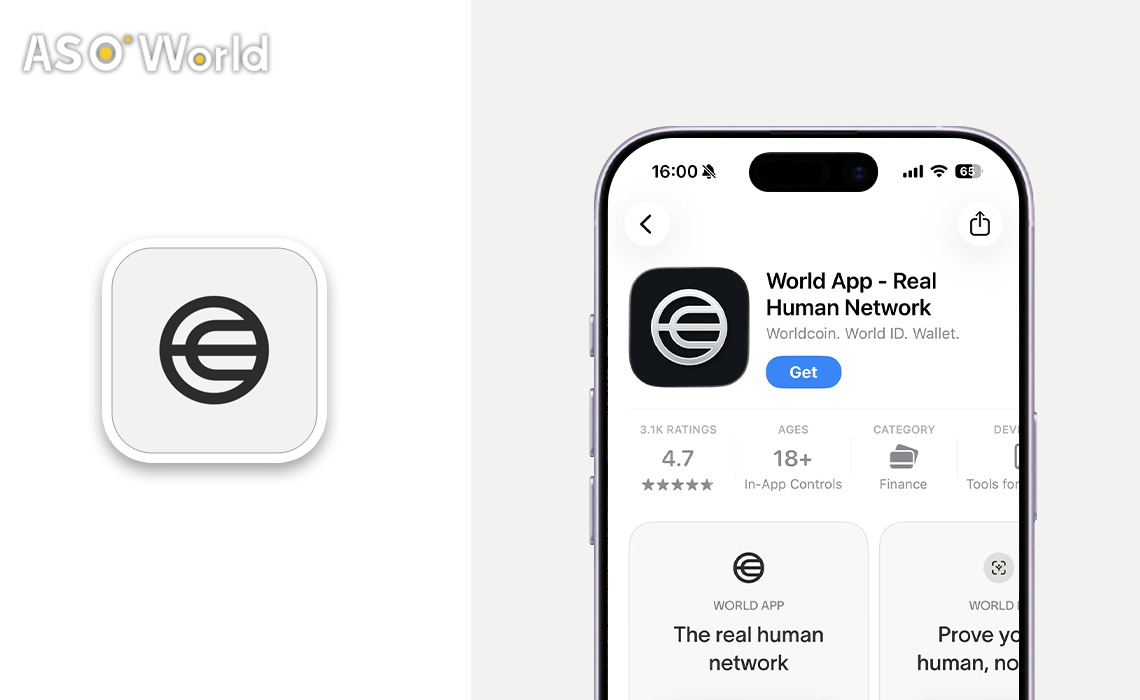Robinhood has launched its highly anticipated desktop trading platform, 'Robinhood Legend', and introduced futures and index options trading to its mobile app.
The move aims to capture market share from traditional brokerages by catering to more experienced investors.
A New Era for Robinhood
Transitioning from Retail to Institutional
Robinhood, known for its commission-free trading model that gained popularity among retail investors, is evolving into a comprehensive financial services provider.
This transition is marked by the introduction of its desktop platform, designed to offer advanced trading tools, real-time data, and customizable layouts, all at no additional cost.
Competitive Pricing Strategy
Robinhood's new features include trading futures on major indices like the S&P 500, as well as commodities like oil and bitcoin.
The company is offering competitive pricing, with Gold members trading futures for as low as 50 cents per contract, significantly undercutting fees from competitors like Charles Schwab and E*TRADE.
Impact on the Brokerage Industry
Challenging Established Players
The introduction of futures and options trading positions Robinhood to challenge traditional brokerage firms, which have long dominated the market.
By lowering fees and expanding its service offerings, Robinhood aims to attract more seasoned traders who typically deal with larger financial institutions.
Growing User Base and Financial Performance
As of June 30, Robinhood reported 11.8 million monthly active users, including 1.98 million premium 'Gold' customers. The company's focus on profitable growth has led to a stock surge of over 100% in 2024, buoyed by three consecutive quarters of reported profits.
Editor's Comments
Robinhood's strategic expansion into futures and index options trading marks a significant shift in its business model, aiming to appeal to a broader investor base.
By offering competitive pricing and advanced trading tools, Robinhood is positioning itself as a formidable competitor to established brokerage firms.
This move reflects a broader trend in the fintech industry, where companies are increasingly diversifying their offerings to capture a larger share of the financial services market.
As Robinhood continues to innovate, it will be interesting to observe how traditional brokerages respond to this disruption.




